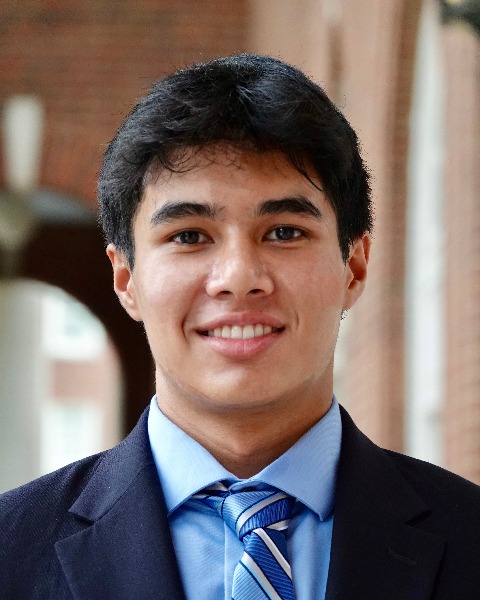Student 10-Minute Presentation
Physiology, Biochemistry, and Toxicology
Student
Student Competition
Warmer temperature and aging interact to shape the nitric oxide synthase humoral immune response in mosquitoes

Norbu Shastri
Undergraduate Researcher
Vanderbilt University
Phoenix, Arizona
Lindsay E. Martin (she/her/hers)
PhD Candidate
Vanderbilt University
Nashville, Tennessee
Julian F. Hillyer
Professor
Vanderbilt University
Nashville, Tennessee
Presenting Author(s)
Co-Author(s)
Anopheles gambiae mosquitoes are one of the deadliest disease vectors in the world, accounting for a vast majority of malaria deaths. As global temperatures rise, poikilothermic mosquitoes are facing rising body temperatures, which are impacting the rate of their physiological processes, including immunity. Additionally, mosquitoes experience senescence, in which they undergo aging-dependent weakening, including immunological weakening. We hypothesized that increased temperature and aging both weaken the activity of the mosquito humoral immune system, and that together, warmer temperature accelerates this weakening. To test this hypothesis, we investigated how warmer temperatures, aging, and their interaction shape the activity of the enzyme nitric oxide synthase (NOS), which produces nitric oxide, a key immune effector. To do so, we utilized NADPH Diaphorase staining to detect NOS activity in the dorsal abdomen of mosquitoes of different ages that were reared at three temperatures. We found that a bacterial infection significantly increases NOS activity. We also discovered that in both uninfected and infected mosquitoes, warmer temperatures increase NOS activity and aging decreases NOS activity. Additionally, we found that warmer temperature and aging interact: as temperatures warm, NOS activity increases at the oldest age. Thus, we show that the effects of warming temperatures depend on the mosquito’s age, and that this interaction alters the efficacy of the mosquito’s immune response. Currently, we are investigating how the effects of warmer temperature and aging on NOS activity may alter downstream antimicrobial peptide production.

.png)

